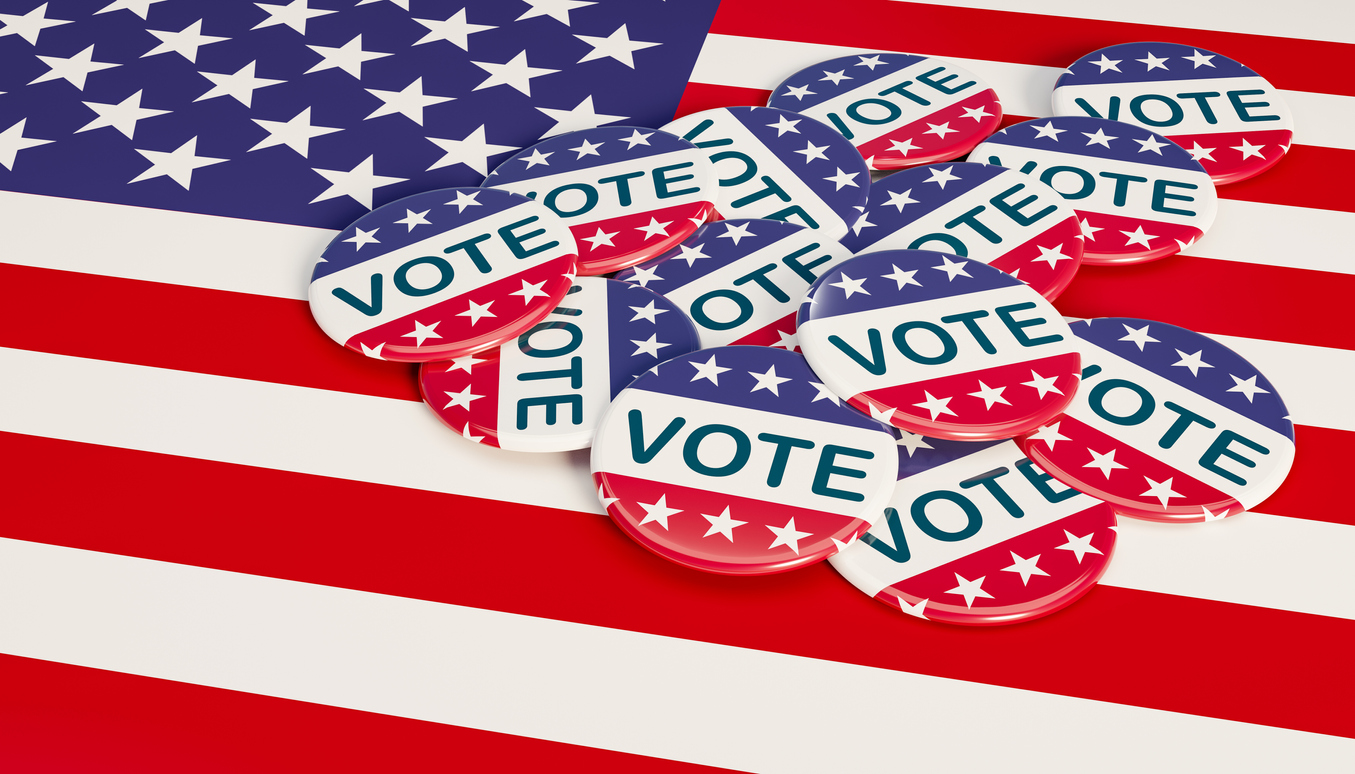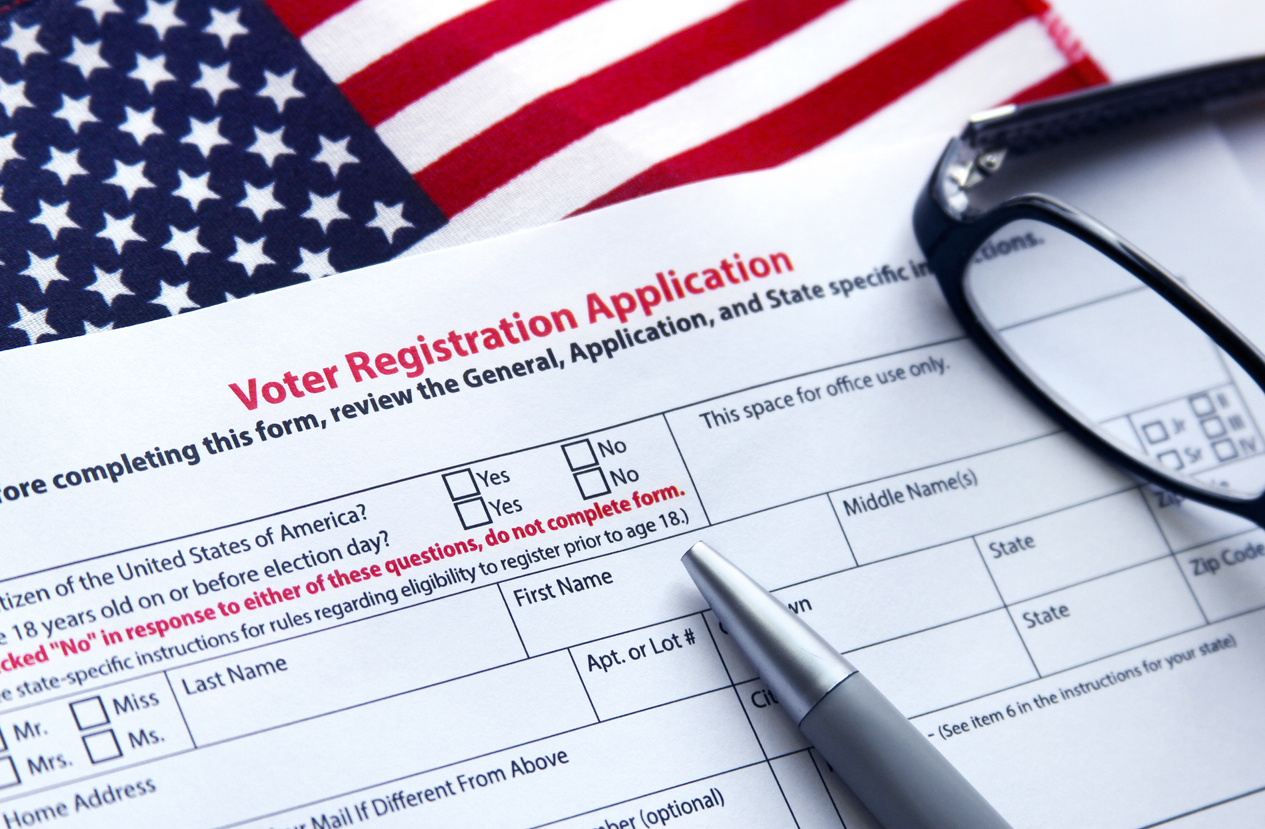Earlier this year, we shared with you an update on the latest efforts to legalize recreational marijuana in a number of states, including Connecticut.

At the time, it was unclear which of the many proposals before the General Assembly would gain traction. At a news conference on Thursday, leaders from the Connecticut House of Representatives outlined what appears to be the comprehensive proposal that will be making its way through the legislature this year. Below, we have detailed some of the major policy points of the proposal.
Three-Pronged Approach
Due to the nature of the structure of the Connecticut state legislature, it is not practical to have this effort made through one singular piece of legislation. Instead, the leaders on this issue have divided the proposal into three separate areas, each with its own committee of jurisdiction.
Regulation – General Law Committee
One bill has been introduced in the General Law Committee, HB 7371. This proposed legislation sets out the guidelines to establish the regulatory framework for a legalized recreational marijuana industry in Connecticut.
Highlights of the regulatory framework include:
- Establishment of the Cannabis Control Commission to oversee the regulation of the industry
- Issuance of three types of license: Cultivation, Manufacturing, and Retail
- One entity may hold both a Cultivation and Manufacture, but cannot vertically integrate and also hold a Retail license
- The Cultivation licenses will be classified as Small, Medium, and Large based on volume and capacity
- “Equity” applicants will have a 3 month window to apply for licenses prior to general applications becoming available
- These include applicants in regions “particularly hard hit by the war on drugs,” and individuals who have been previously convicted for a marijuana-related offense
- Current license-holders under the state’s medical marijuana program will also have access to the 3 month window for early applications
- In order to protect the medical marijuana industry, medical patients will have access to products with a higher potency and in greater volume
- The Commission which is established by the legislation is also tasked with studying and issuing recommendations on a number of issues including:
- Potential for eventual homegrown marijuana
- Potential for “microbusinesses” which are vertically integrated but limited in size
- Municipalities maintain their zoning rights and have the ability to reject any of these facilities under the current draft
Decriminalization – Judiciary Committee
The second piece is decriminalization. Three bills have been introduced to address three different aspects of this process.
- SB1085 – The actual vehicle through which the recreational use of cannabis is legalized. This proposed legislation also provides a process by which individuals previously convicted of possession charges can have their records expunged.
- HB7372 – This proposed legislation establishes penalties for driving under the influence of cannabis products. Additionally, it includes penalties for driving with a passenger who is using a cannabis product (for fear of a contact high), and provides the ability for state and local law enforcement agencies to enlist the aid of professionally trained drug recognition experts
- SB1089 – This proposed legislation establishes the fact that employers are not required to make special accommodations for an employee who shows up to work under the influence or otherwise incapacitated
Monetization – Finance Committee
No bill has been introduced in the Finance Committee to date. The Chairman of the committee has explained that the final piece of this three-pronged approach relies heavily on the outcome in the General Law and Judiciary Committees.
He did, however, explain that they would likely seek a tax structure similar to neighboring Massachusetts as to not compete with their industry, or drive Connecticut residents across the border.
Ultimately, this would likely end up being a 10.75% excise tax, a 6.25% sales tax and the option for a 3% local tax, for an overall rate of 20%.
Fees and revenues generated by the recreational marijuana program would be directed to fund the regulatory framework and be reviewed after 2 to 3 years.
Next Steps
As outlined at the press conference, the next immediate steps are two public hearings on the 22nd to gain input from the public and advocacy groups.
Co-Chairman of the General Law Committee, Michael D’Agostino, also noted that should this process end in success, that the existing medical marijuana infrastructure would likely be used during a transition period to begin selling recreational marijuana almost immediately.
They are prepared to work with the Department of Consumer Protection, which oversees medical marijuana in Connecticut, to develop regulations leveraging the existing infrastructure in the short term. Proponents of this legislation do not want to see the almost 2-year lag similar to what occurred in Massachusetts.
We will continue to monitor this issue closely and keep you up to date on the latest developments.
Latest News
Photo credit: iStock.com/yevtony Last week, the National Governors Association (NGA) elected Utah Governor Spencer Cox (R) as its new Chair and Colorado Governor Jared Polis (D) as NGA Vice Chair. Cox succeeds New Jersey Governor [...]
Photo credit: iStock.com/Torsten Asmus Texas voters have already submitted their ballots for the 2022 primary election. More states have their primary elections on the horizon. With the 2022 primary election season nearly upon us, many [...]
Photo credit: iStock.com/triocean DMGS has previously reviewed state government public health measures, as they have imposed and rescinded masking requirements. Now, over two years into the pandemic and after various COVID-related emergency declarations being implemented, [...]
Photo credit: iStock.com/outline205. Automatic voter registration allows eligible individuals to become automatically registered to vote when they interact with certain agencies in the government, such as a state agency overseeing motor vehicles. While most people [...]






Stay In Touch